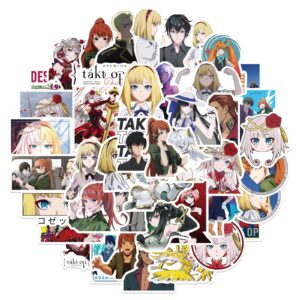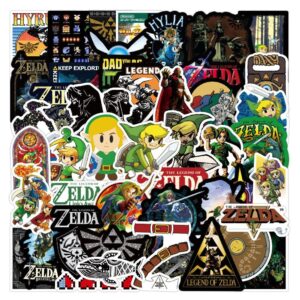#PokémonDay is a celebration
Today is the 24th Anniversary of Pokémon, on this day in 1996 Red and Blue released in Japan. I honestly couldn’t be happier. It seems I’m not the only one on Culture of Gaming who thinks this. We’ve recently talked about Pokémon Mystery Dungeon being a guilty pleasure and our wishes for future Pokémon games. So today, to help me cope with the fact that Pokémon is older than I am, I’m going to take a look at why the games are still so magical almost a quarter of a Century after release.
To no-ones surprise, the series is still going strong. With news today of a new mythic Pokémon Zarude (insert awful Sandstorm joke here) and of Mewtwo raids in Sword and Shield. Pokémon is even the highest grossing franchise of all time, sitting pretty at $95 Billion! So Pokémon isn’t going anywhere anytime soon.
Where does the longevity of this popularity lie? As not everyone still enjoys Pokémon. Some people believe the series should change and evolve as they have, with better core mechanics and improved overall design complexity. However I think this is antithetical to Pokémon’s presentation and appeal. It’s simple because whilst we’ve changed, Nintendo’s core audience hasn’t. I mean c’mon, why is Ash literally always 10 years old? It’s popular precisely because it hasn’t changed.
The Series’ Unique Connectivity
To me, Pokémon has remained a constant in my life due to that fact. I’ve been allowed to grow and change and improve, but I can always come back to the many regions of the Pokémon world. I was being transported to a time and place where life was simpler, I was at home, GameBoy Advance in hand, catching myself my first Ratatta (a regular Trainer Joey right?). You could connect with these worlds and with people around you. This connectivity is why I think I love Pokémon so much.
I would always get one version whilst my brother got the other, we’d trade, chat, and compare our teams all the time. Sadly now we’re both older, we don’t live together, and don’t talk as much. On top of that – as anyone in the same situation can tell you – having a sibling with autism is difficult. It meant interaction with him wasn’t always that easy for my younger self. But despite that, whenever I see him, or whenever we just sit on the phone for hours, Pokémon is the main thing that allows us to connect. We have something we bond over and both love. Even all these years later we’re both playing Emerald at the same time and comparing our teams. That’s insane!
I recently found Emerald in a box and booted it up. When I did I almost cried hearing the Littleroot town theme for the first time in years. If that pure surge of nostalgia, emotion, and joy means something to anyone else reading this, Pokémon still matters. That nostalgia might be doing what it does best. But the fact that me and my brother are on the phone playing it together almost 15 years later speaks to its impact on us.
“They’re just Pocket Monsters?”
I love the moments – the human connections – that Pokémon fosters. It was Shigeru Miyamoto who came up with the idea to have two versions that interacted. This could be a smart marketing move, but I’m still grateful for it. After all Pokémon has given me so much happiness over the years by simply releasing two versions, I can’t be upset by that move. Most people I know were in the same boat as me too, with them and their siblings getting different versions. Few rich boys were walking around school with Ruby AND Sapphire in their pockets.
This is why Pokémon is so great to me, through a set of simple games there is so much conversation, interaction and enjoyment outside of them. The series works so well in conjunction of the fact it’s a video game – as it connects people – not in spite of it.











